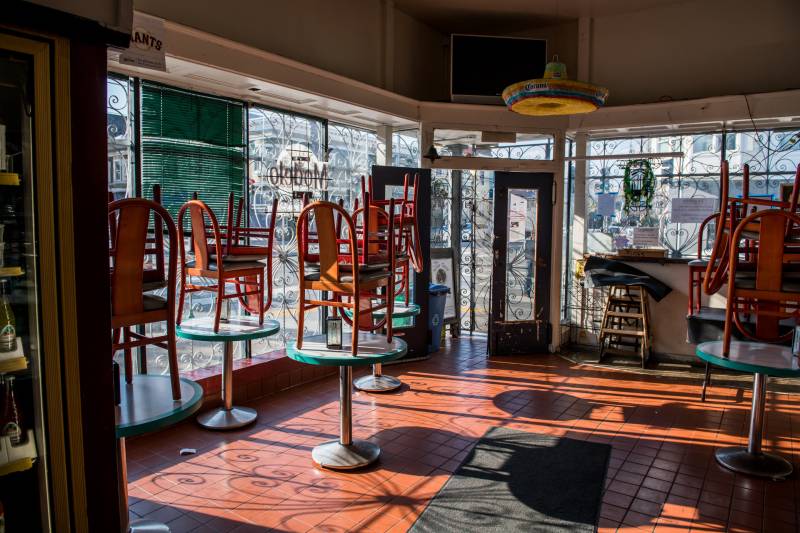Santa Clara
In the South Bay, Santa Clara City Manager Deanna Santana said the city has a one-time $80 million reserve to draw from as emergency response costs continue to rise.
The city has rallied to the national call to provide more hospital space, setting aside sites like the Santa Clara Convention Center to serve as medical facilities.
Santana said her office estimates that the city's deficit will quadruple to between $8 and $10 million in the coming fiscal year, due to loss of revenue from the use of public transit as well as sales and property taxes. To maintain essential services, Santa Clara has implemented a hiring freeze.
San Mateo
On the Peninsula, San Mateo City Manager Drew Corbett said the city has lost $10 million in sales, hotel and property transfer tax revenue since the county's shelter-in-place order was issued on March 16.
Still, he said approximately $88 million in general fund reserves will likely shield the city from immediate budget cuts and government layoffs.
The real issue, said Corbett, is how San Mateo will recover from the economic impact after the pandemic ends.
“It’s going to take a few years for our revenues to get back to their baseline amount,” he told council members at a city council meeting at the end of March.
San Mateo city council members are also looking into using general fund reserves to support the California Public Employees' Retirement System (CalPERS) which manages health and retirement benefits for employees in the public sector. It is largely funded by outside investors but given the current economic situation, Corbett said the city might have to start absorbing costs.
Palo Alto
Similarly in Palo Alto, city officials are calculating a $15 to $20 million loss to the city’s general fund in the current fiscal year. City Hall has already trimmed down its staff of about 1,100 employees to 600 essential workers, with roughly 100 of them working reduced hours. Council members are planning to continue paying all city employees to the end of June.
The economic impacts of the pandemic have been "very stark and very immediate,” especially as downtown areas have turned into ghost towns, said the city's Chief Financial Officer Kiely Nose at an early April meeting.
The council voted to look into “life support” programs for small businesses, including grants and discounts on utility bills.
More Federal Help Needed
Across California, city officials are calling on the state and federal government to provide more funding as they project a collective $7 billion dollar revenue shortfall in the next two fiscal years.
A new report from the advocacy group League of California Cities forecasts that 9 out of 10 cities in the state will need to cut services and lay workers off to make up the shortfall.
The league said currently only six out of 482 cities statewide qualify for relief funds from the federal coronavirus aid bill, which benefits local municipalities with over 500,000 residents.
San Jose is one of those cities, but Vice Mayor Charles Jones said that with an expected $45 million dollar shortfall, the city council will still have to make difficult budget cuts.
He said “a lot of the hard work” the city has done to improve the quality of life, such as trash collection and street maintenance, will have to be “reduced or eliminated” if the city can’t receive additional financial support.
